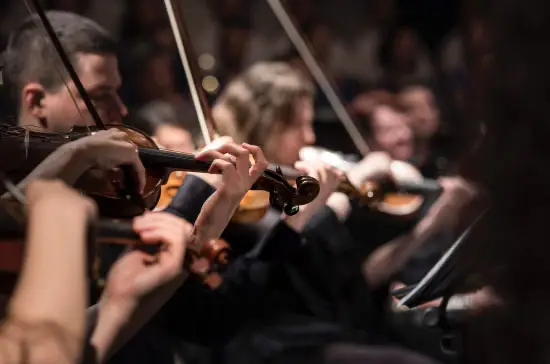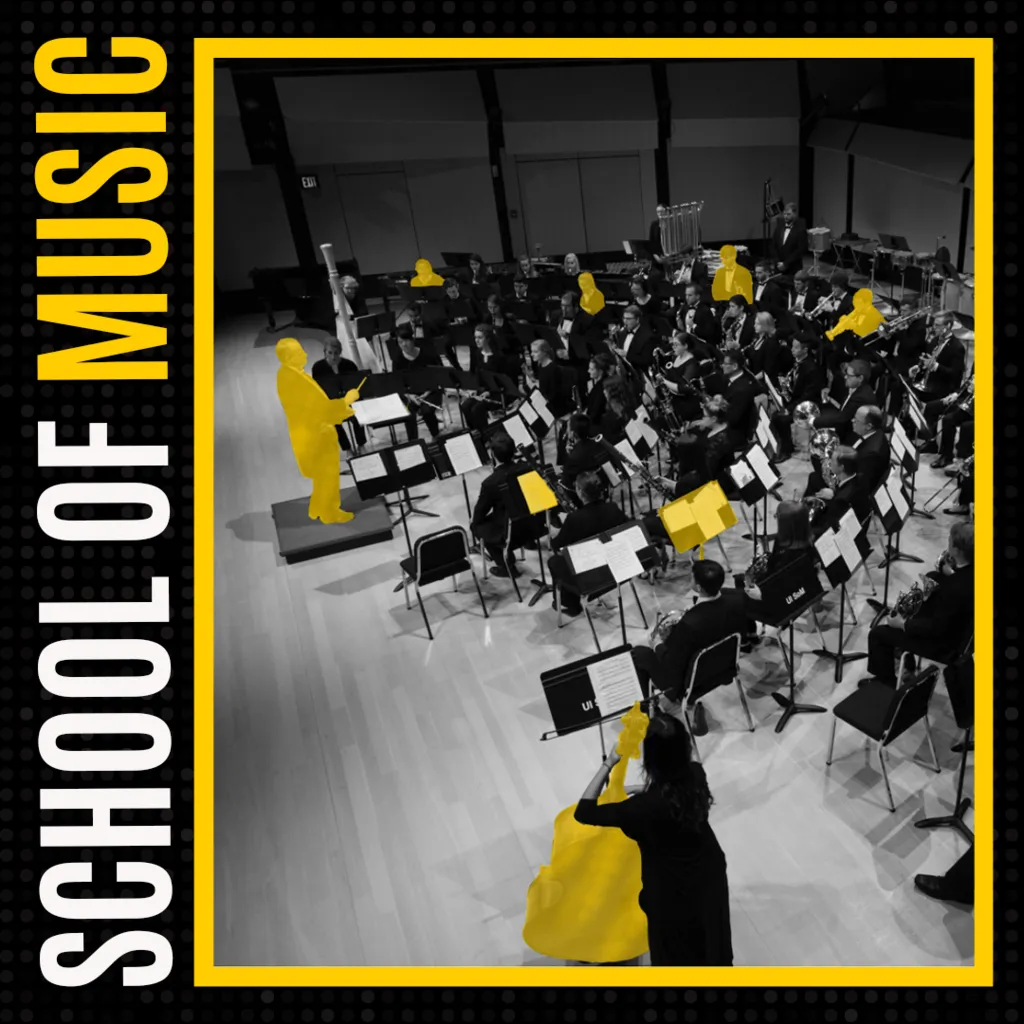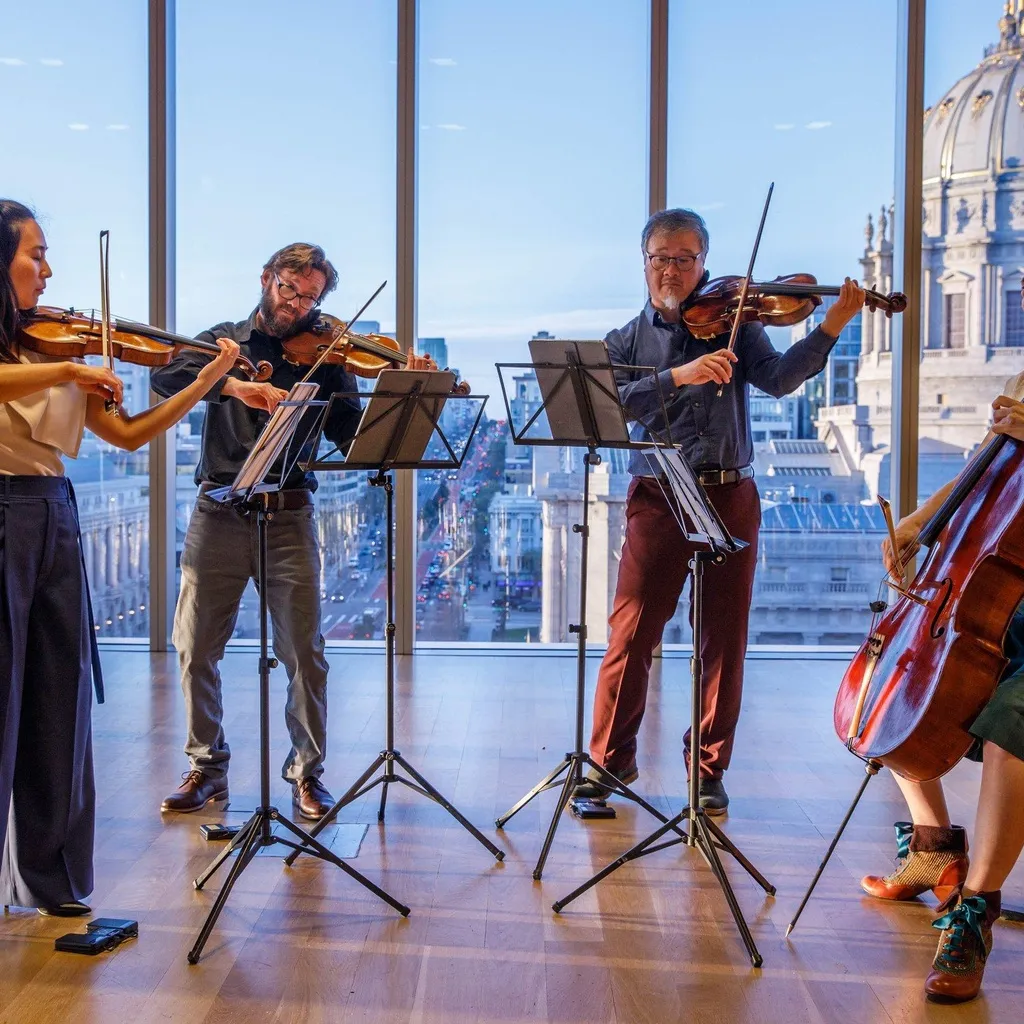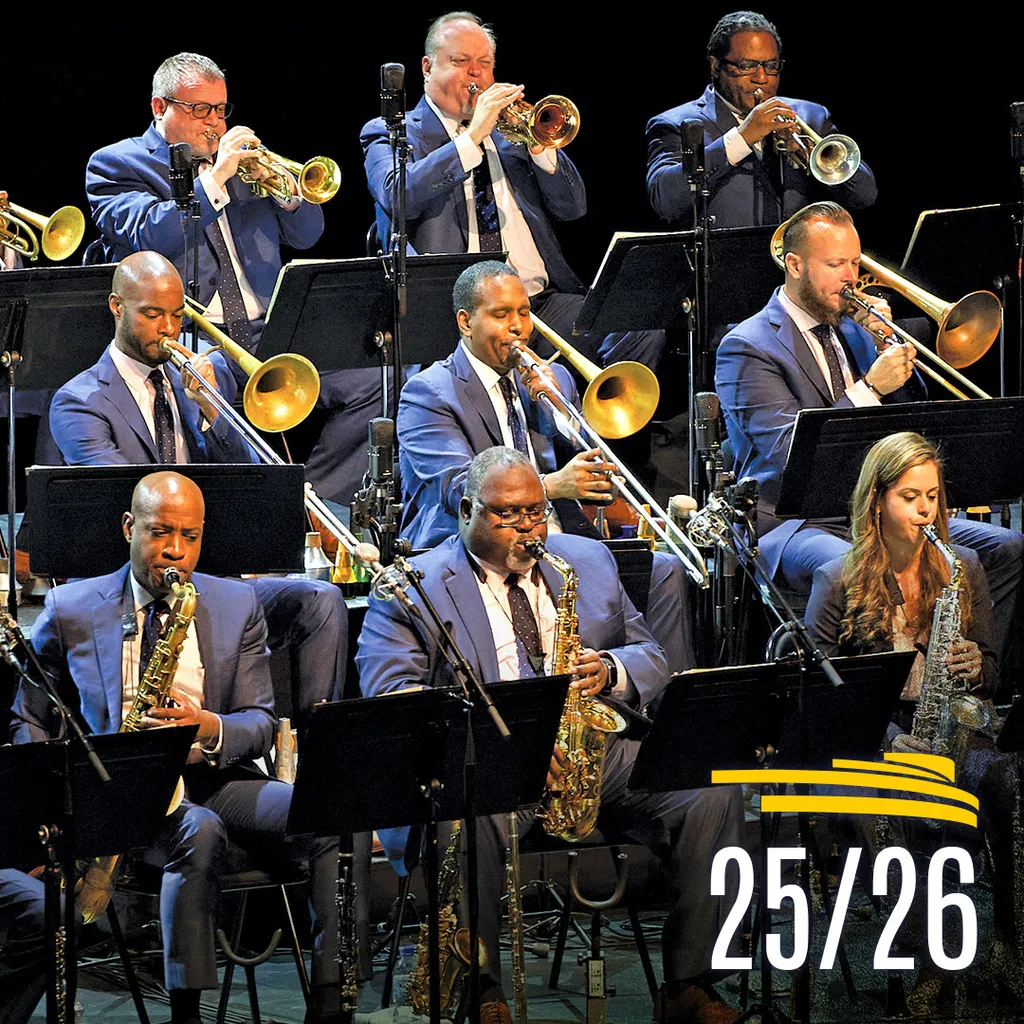Loading...

Is this your organization’s page?
Take ownership and manage this page on Artelize for free
Take ownership and manage this page on Artelize for free
University of Iowa School of Music
Iowa City, IA, United States
The School of Music at the University of Iowa, part of the College of Liberal Arts and Sciences, boasts a rich history and a vibrant present that reflects its commitment to musical excellence and innovation. Established in 1847, the University of Iowa is the state's first public institution of higher education and has the distinction of being the first university in the United States to accept creative work in theatre, writing, music, and art as theses for advanced degrees. The School of Music itself was initiated in 1906, though it was not recognized as a department until later. It functioned akin to an affiliated conservatory, with students paying fees for instruction rather than tuition. In 1912, the School of Music began to undergo significant changes under the supervision of the Dean of Liberal Arts. Gustav Schoettle was appointed as the head of musical instruction, and by 1921, music had become a full-fledged department within the College of Liberal Arts. This period saw the introduction of large performing ensembles, the establishment of graduate studies, and the development of initiatives to promote music education throughout Iowa. The school's physical presence has evolved over time. Initially housed in three buildings at the corner of Clinton Street and Iowa Avenue, the School of Music moved into a former isolation hospital in 1932, which had been refurbished and expanded to accommodate its growing needs. Despite these improvements, additional space was continuously required to support the school's expanding programs. Himie Voxman, who succeeded P.G. Clapp as director in 1954, made significant contributions to music education and pedagogy, and his tenure saw the opening of a new music building in 1971, featuring a 700-seat recital hall named in honor of Clapp. The school also established the Center for New Music during Voxman's directorship, which has since attracted internationally renowned composers and provided a platform for student composers and performers. In 2008, a devastating flood destroyed the 1971 music building. The new Voxman Music Building, completed in 2016 with support from federal and state governments as well as private donors, now stands at the corner of Clinton and Burlington Streets. This state-of-the-art facility spans 190,000 square feet and includes a 700-seat concert hall, a 200-seat recital hall, organ performance hall, rehearsal spaces, faculty studios, classrooms, practice rooms, electronic music and recording studios, and a student commons, all equipped with cutting-edge instructional and recording technology. The School of Music has been led by various distinguished directors, including Marilyn Somville (1980-1990), David Nelson (1991-2000, 2008-2009), Kristin Thelander (2000-2008), David Gier (2009-2018), and Benjamin Coelho as interim director (2018-2019). The current director is Tammie Walker. Offering undergraduate and graduate programs with a wide array of majors, minors, and certificates, the School of Music provides students with opportunities to pursue degrees in performance, composition, music education, music therapy, and more. The school is a member of the National Association of Schools of Music and is accredited since 1928. With a 9:1 student-to-faculty ratio, over 350 annual public performances, and a student body of approximately 450 undergraduates and graduates, the School of Music at the University of Iowa continues to be a hub for musical learning and cultural enrichment.
Featured events
Events
Upcoming events
Featured performers and creators
Articles & News
Contact information
University of Iowa School of Music
Iowa City, IA, United States

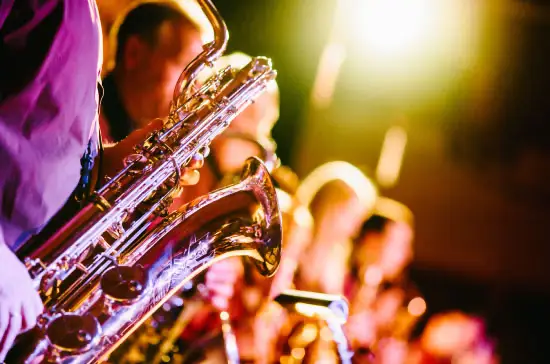

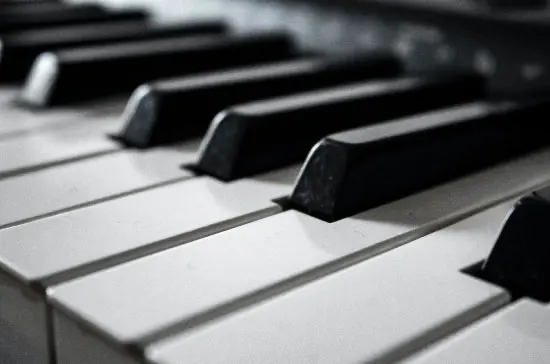
 Find Tickets
Find Tickets